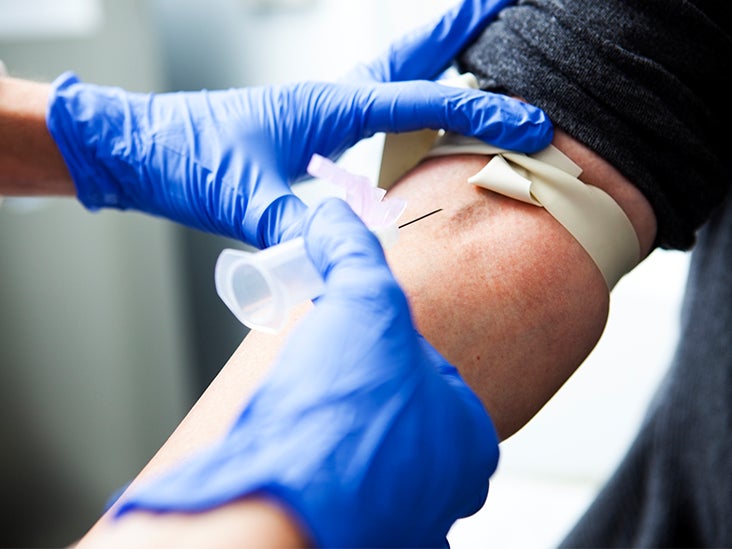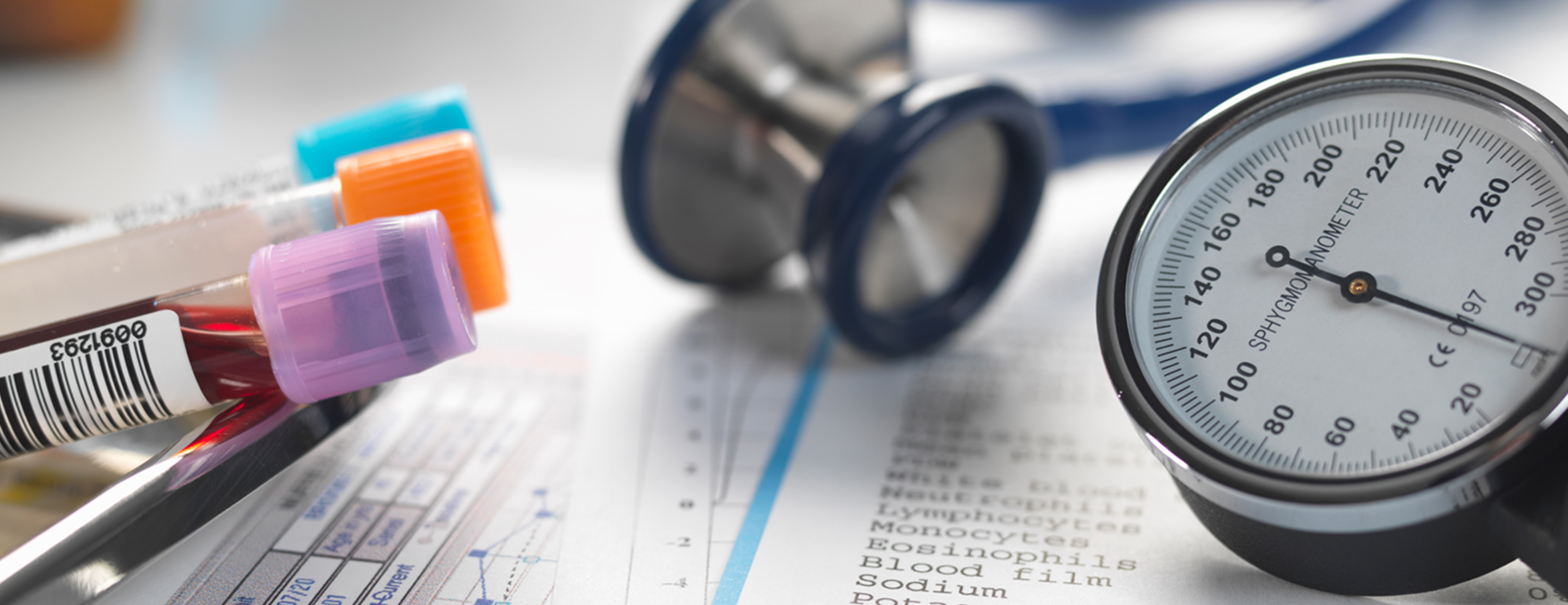Lactate Dehydrogenase (LDH) Test. What Does an Elevated LDH Indicate?
Lactate Dehydrogenase (LDH) Test
Learn what the Lactate Dehydrogenase (LDH) Test is and how it can help with diagnosing certain medical conditions. Read on to find out more.

Table of Contents
The Lactate Dehydrogenase (LDH) Test is a laboratory test that measures the levels of the enzyme lactate dehydrogenase (LDH) in your blood. It can help healthcare providers diagnose many conditions, such as heart attack, anemia, liver and kidney diseases, and certain cancers.
What is a Lactate Dehydrogenase (LDH) Test?
Lactate dehydrogenase (LDH) is an enzyme found in nearly all living cells. It catalyzes the conversion of lactate to pyruvate and back, as it converts NAD⁺ to NADH and back.
Enzyme lactate dehydrogenase also called lactic acidis is an enzyme that transfers a hydride from one molecule to another. LDH exists in four isoenzyme forms, and this test measures the level of lactate dehydrogenase or LDH, also known as lactic acid dehydrogenase, in your blood or sometimes in other body fluids.
An LDH (lactate dehydrogenase) test measures the blood level of lactate dehydrogenase in your blood or other body fluid to check for tissue damage inside the body. Doctors can use LDH tests to diagnose a range of conditions, including infections, cancer, heart disease, anemia, liver disease, heart attack, and muscle damage.

What Does an Elevated LDH Indicate?
An elevated level of lactate dehydrogenase (LDH) may indicate tissue damage, such as damage to the heart, liver, or muscle. It can also be an indicator of anemia, cancer, or other medical conditions. LDH tests are commonly used in conjunction with other tests to diagnose and monitor certain conditions. Elevated LDH levels can be caused by a variety of conditions, including:
- Heart attack
- Liver disease
- Anemia
- Inflammation
- Infection
- Leukemia and other types of cancer
- Severe burns
- Kidney failure
When Should You Have Your LDH Level Tested?
Your doctor may recommend an LDH test to diagnose a range of medical conditions and to monitor their progress. LDH tests may be ordered if your doctor suspects you have:
- Certain types of cancer, such as lymphoma, leukemia, and other blood cancers.
- Diagnose heart attacks.
- Bone marrow disorders.
- Anemia.
- liver disease.
An LDH test can also help to monitor the effectiveness of treatments, such as
- Chemotherapy.
- Radiation therapy.
How Can You Prepare For An LDH Test?
Preparing for an LDH test is usually very simple. No special preparations are typically required before the test. You may be asked to fast for a few hours prior to the test, but this is not always necessary. It is important to inform your doctor of any medications or supplements you are taking, as some can affect the results of the test. If you have any questions or concerns about the test, be sure to discuss them with your doctor before the test.
How Is the LDH Test Performed?

An LDH test is a simple procedure that is usually performed in a doctor’s office or hospital. During the test, a sample of blood will be taken from a vein in your arm and sent to a laboratory for analysis.T
he laboratory will measure the amount of Serum lactate dehydrogenase (LDH) or LD present in the sample and compare it to the normal range. Results are usually available within a few days. The results will be reported back to your doctor, who can then determine if further testing or treatment is necessary.
In some cases, an LDH test may be performed on other body fluids, such as urine or spinal fluid. The procedure is similar to that used for blood samples, but the sample is collected differently.
“Related: Dr Trust Pulse Oximeter. How Does it Work?“
Are There Any Risks Involved in Taking an LDH Test?
An LDH test is a safe and simple procedure with minimal risks. The only risk associated with the test is slight discomfort when the blood is drawn. Since the test only measures the amount of LDH in the blood, there are no other risks involved.
It is important to follow your doctor’s instructions before and after the LDH test. This will help ensure accurate results and reduce the risk of complications.
What do the results mean?

The results of an LDH test are used to diagnose, monitor, and evaluate the severity of certain medical conditions. An elevated LDH level can indicate tissue damage in the body and can show if a condition is worsening or improving. A low LDH level may indicate that the body is not producing enough energy or that the cells are not functioning properly.
The normal range for LDH test results can vary slightly from laboratory to laboratory, but generally, the range is between 60 and 200 IU/L (international units per liter).
An LDH level that is higher than the normal range could indicate the presence of certain diseases or conditions, such as a heart attack, liver disease, or cancer.
A lower than normal LDH level may indicate a deficiency in certain vitamins or minerals. It is important to note that other tests may be needed in order to make a definitive diagnosis.
It is important to note that the results of an LDH test can vary depending on the type of test and the laboratory performing the test. Your doctor will be able to provide more specific information about what your results mean based on your individual situation.
Related tests
- Cerebrospinal Fluid (CSF) Analysis.
- Lactate Dehydrogenase (LDH) Isoenzymes Test.
- Anemia.
- Kidney functions.
- Liver functions.
Finally, Lactate Dehydrogenase (LDH) Test may be done on its own or as part of a panel of tests. Your doctor will advise you on how often you should have your LDH level checked.
